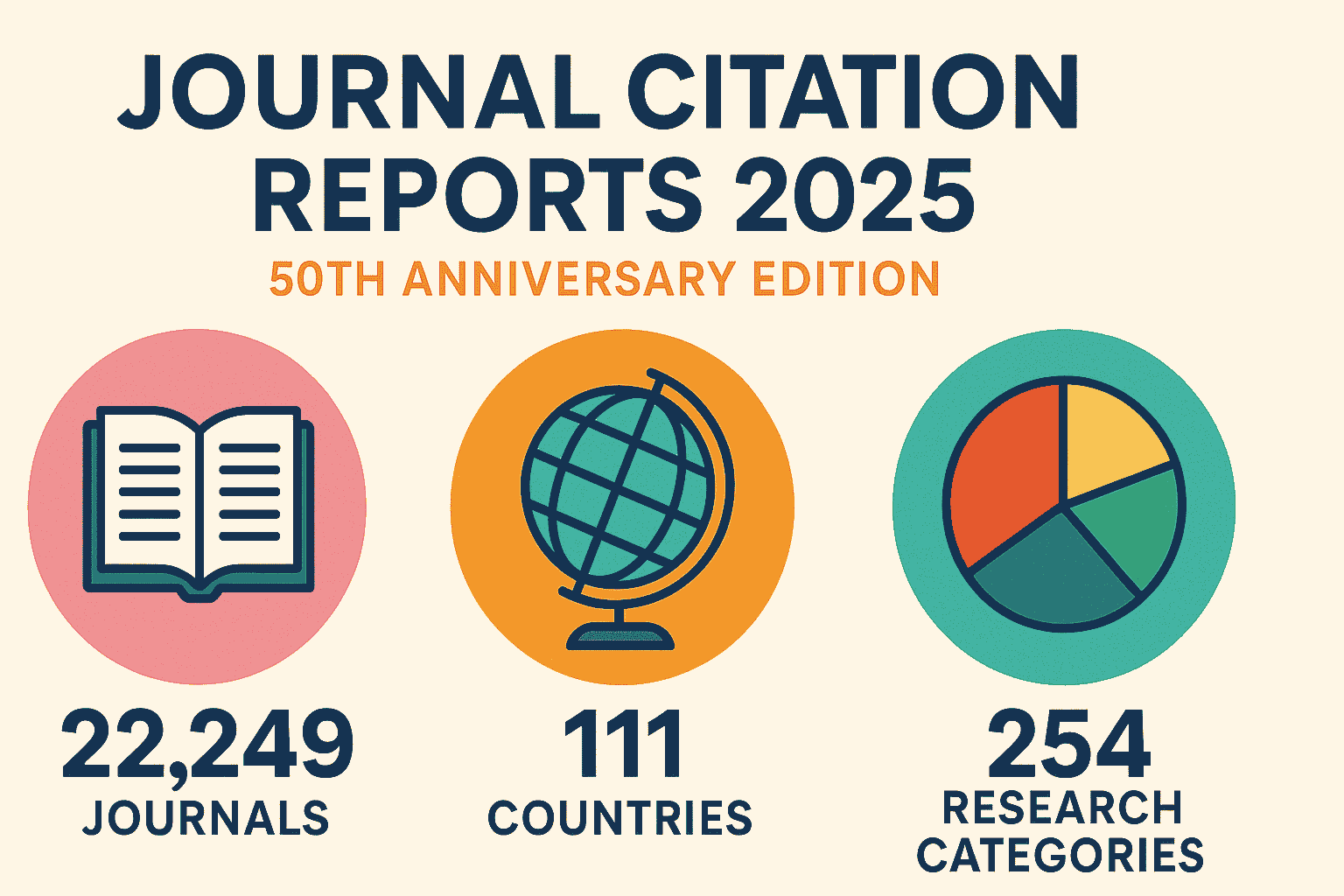Neonatal Neutrophil-mediated Control of Bordetella pertussis Is Disrupted by Pertussis Toxin
The increased susceptibility of infants and young children to some diseases has often been explained as the neonatal immune system (NIS) being incomplete and/or underdeveloped. However, our recent work demonstrated that neonatal mice could clear a Bordetella pertussis (Bp) strain lacking pertussis toxin (PTx) (BpΔptx) much more efficiently than adult mice, indicating that the NIS can be extremely effective, but this ability is highly sensitive to being blocked by PTx. In this article, we investigated immunological mechanisms by which neonates efficiently and rapidly clear BpΔptx to better understand how the NIS functions and how PTx disrupts it. Depleting neutrophils, or blocking their recruitment, inhibited pups’ ability to rapidly clear BpΔptx, revealing a critical role for neutrophils. Pups deficient in complement (C3−/−) failed to recruit neutrophils and did not efficiently clear BpΔptx but recovered these abilities upon treatment with C3a. Neutrophil depletion in C3−/− pups led to further failure to control BpΔptx, suggesting that neutrophils and complement have independent roles in rapid clearance of BpΔptx. Depleting or disrupting neutrophils and complement had negligible effect on the rapid growth of wild-type Bp, indicating that PTx blocks these otherwise highly effective aspects of the NIS.
Summary
Infants’ vulnerability to diseases is often attributed to an immature immune system. However, research shows neonatal mice clear pertussis toxin-deficient Bordetella pertussis (BpΔptx) more effectively than adults, highlighting the neonatal immune system’s (NIS) potential effectiveness. Neutrophils are crucial for this rapid clearance; depleting or blocking their recruitment hindered pups’ ability to clear BpΔptx. Complement (C3) is also essential, as C3-deficient pups failed to recruit neutrophils and clear the infection, but recovered with C3a treatment. Notably, pertussis toxin blocks these effective aspects of the NIS, as neutrophils and complement have negligible impact on wild-type Bordetella pertussis growth. This suggests pertussis toxin actively suppresses the NIS’s innate defense mechanisms.
Read more…
This post is part of “Science/Immunology News”, Follow for more…!!!







